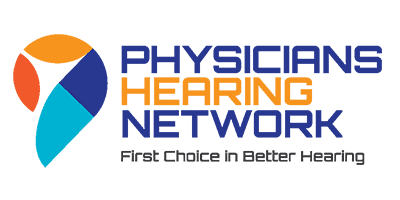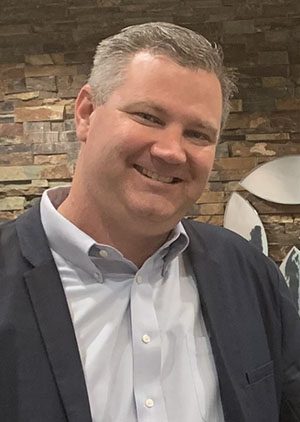Unveiling the Impact of Early Hearing Loss Screening: Insights from the Early Auditory Referral-Primary Care Study

As we age, various health concerns become more prevalent, and one often overlooked aspect is hearing loss. Research indicates that hearing loss, the second most common disability in the United States, can lead to significant adverse outcomes if left untreated. However, identifying hearing loss in its early stages could potentially prevent these adverse consequences, highlighting the importance of effective screening measures.
A groundbreaking study, titled “Effective Hearing Loss Screening in Primary Care: The Early Auditory Referral-Primary Care Study,” published in The Annals of Family Medicine in November 2020, sheds light on the efficacy of a screening paradigm for identifying and referring patients aged 55 years and older with hearing loss. This study aimed to assess the impact of implementing a tailored electronic alert system to prompt primary care clinicians to screen for hearing loss during patient visits.
Key Findings
The study spanned across 10 family medicine clinics in two health systems and enrolled over 14,000 eligible patients. Here are the key findings:
Significant Increase in Referral Rates: The implementation of electronic alerts significantly increased audiology referrals for patients at risk of hearing loss, with referral rates almost five times higher compared to baseline rates.
Effectiveness of Screening Paradigm: Patients who completed the Hearing Handicap Inventory for the Elderly (HHI) and scored suggestive of hearing loss had notably higher referral rates, emphasizing the effectiveness of the screening paradigm.
Appropriateness of Referrals: Audiologic data indicated that the majority of referrals were deemed appropriate, with a significant proportion of referred patients considered hearing aid candidates.
Positive Patient Response: Follow-up telephone calls revealed that a substantial percentage of patients recalled discussing hearing loss with their clinicians, and over half of those referred for testing accepted the referral.
Clinical Implications: The findings underscore the feasibility and effectiveness of using electronic alerts to prompt primary care clinicians to address hearing loss during patient visits, potentially leading to better and earlier hearing healthcare.
Implications and Future Directions
The implications of this study are significant for both clinicians and patients. Early identification and referral of patients at risk for hearing loss can potentially mitigate adverse outcomes associated with untreated hearing loss, such as reduced quality of life, cognitive decline, and social isolation.
Moving forward, there is a need for further research to understand the barriers and facilitators to implementing similar screening interventions in primary care settings. Additionally, strategies to address alert fatigue and increase clinician comfort in addressing hearing loss should be explored to maximize the effectiveness of such interventions.
Partnering with Physicians Hearing Network
Physicians Hearing Network stands at the forefront of providing comprehensive hearing health services directly at the point of care. By partnering with PHN, primary care providers can seamlessly integrate hearing screenings, counseling, and access to hearing aids into their routine practice, thereby enhancing patient care and promoting early detection and intervention for hearing loss.
This study highlights the importance of proactive hearing loss screening in primary care settings and emphasizes the potential benefits of early intervention. By leveraging innovative approaches and partnering with organizations like Physicians Hearing Network, clinicians can play a pivotal role in improving the hearing health and overall well-being of their patients.
Physicians Hearing Network can serve as an extension of your care team, providing audiology services at the point of care from licensed professionals. Our services are provided at no cost to the practice and generate additional ancillary revenue.
If you would like to see if your practice qualifies, contact us today phnusa.com.










